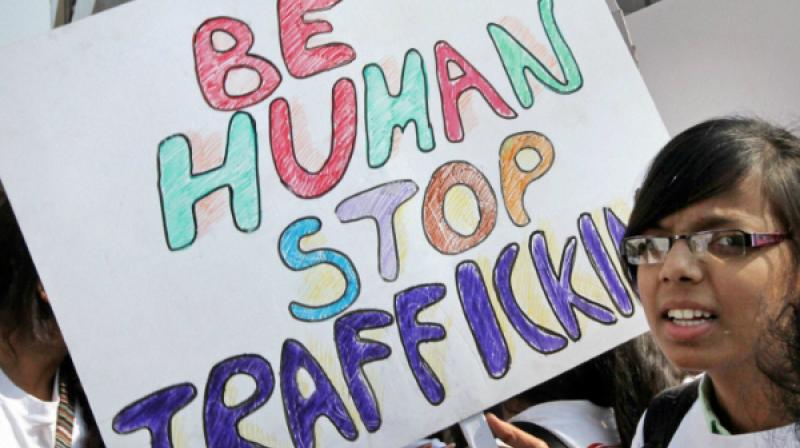Punish qazis, parents for trafficking, say activists

Hyderabad: Activists working on women-related issues in the city say that the proposed ordinance or legislation to curb exploitation of women by foreigners will not be a deterrent unless a clause is incorporated for punishment of agents and parents who facilitate the exploitation.
“Qazis come into the picture only after the marriage is fixed by the parents and the agents. They (the agents) are the main suppliers in the entire racket and unless there is deterrence for them, the racket will continue to thrive,” said Dr Sunita Krishnan, co-founder of Prajwala and a Padma Shri awardee.
The community has to create an extraordinary awareness campaign on the issue, she says.
“Poverty is an excuse. Parents do not have any right to ruin future of their child. Only a collective effort can resolve the problem,” she told Deccan Chronicle. The seven-page note prepared by the Minorities’ welfare department, a copy of which is available with DC, includes a set of guidelines for qazis and foreign nationals along with safeguards for the women who are married to foreigners.
Victims’ rare appearance weakens cases: Advocate
The seven-page note prepared by the Minorities’ welfare department, which has been circulated to the police and state law department, recommends that the foreign national should bring a permission letter from his country permission and give an undertaking about the safety of his wife. Qazis who perform illegal marriages of foreigners should be suspended.
“Similar guidelines were issued in the 1980s, when such cases were reported, but they were not followed. Even if legislation is introduced, it will not solve the problem as these marriages are now being performed in other states where Telangana laws will not work,” said Jameela Nishath, founder of Sha-heen Women’s Resource and Welfare Association based in the Old City.
High Court advocate Khaja Aejazuddin says that the complainants or victims of exploitation and contract marriages seldom appear before the courts. This weakens the case and the accused go scot free. “It is because of poverty that they enter into a compromise and withdraw the case. A clause should be added that says that a compromise can only be worked out in the High Court,” he suggests.
Mazher Hussain, executive director, Confederation of Voluntary Organisations (COVA), says that the state government should partner with the Union Ministry as the problem is countrywide.

